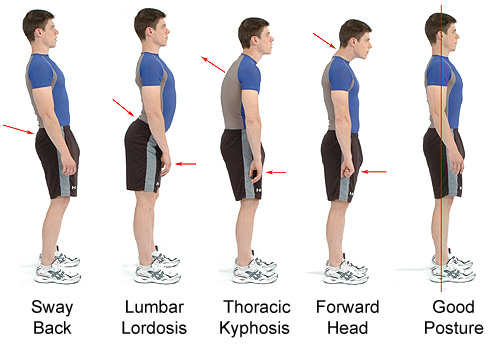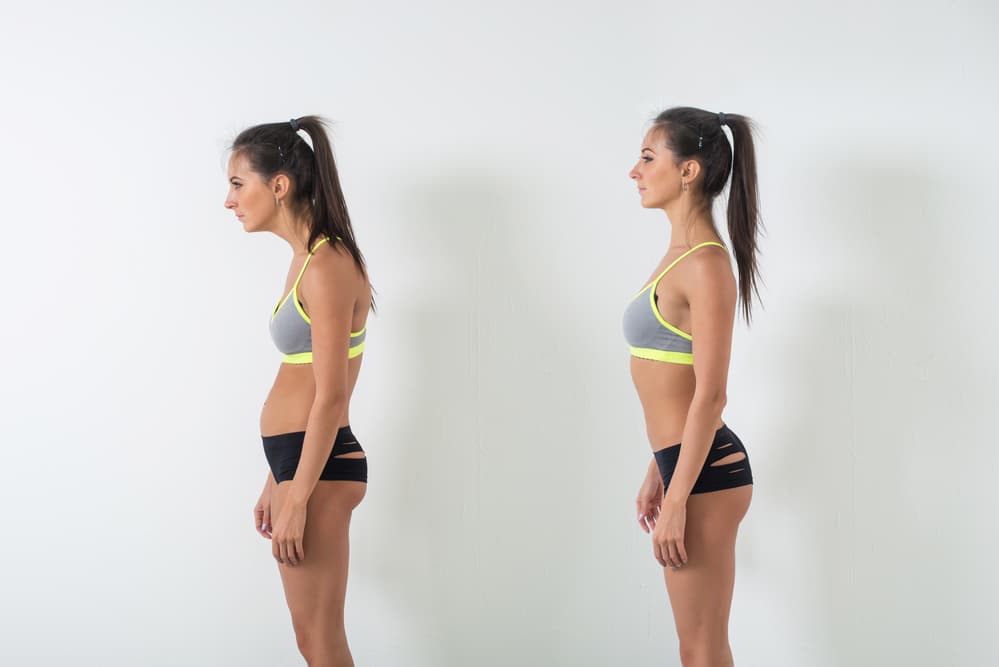Postural Assessment at Graceville Physiotherapy

Ring now for a Postural Assessment. Your physiotherapist will be able to go through the results in detail with you.

Posture is the position in which you hold your body upright against the forces of gravity while standing or sitting. The key to good posture is training your body to sit, stand and walk in positions where the least strain is placed on supporting muscles and ligaments during weight-bearing activities.
The Effects of Poor Posture may include:
- Poor joint alignment
- General muscle aches
- Increased shear forces within the spine affecting disc integrity
- Compression of disc and joint structures
- Compression/reduced space for nerves to course through the body
- Reduced blood flow to muscles resulting in increased fatigue
- Overuse injuries
Despite our best efforts we all find ourselves under heavy work loads and general life stress where remembering to maintain good posture can be the last thing on our mind. Sometimes you may need a little help from a professional.
The Chin Retraction Stretch – A Great Exercise to improve posture
1. Pull your entire head backwards on your neck
2. Your chin should not go down or up but directly backward
3. Hold 2 seconds then relax
4. Do not poke the chin forwards
Repeat 10 times approximately every hour



